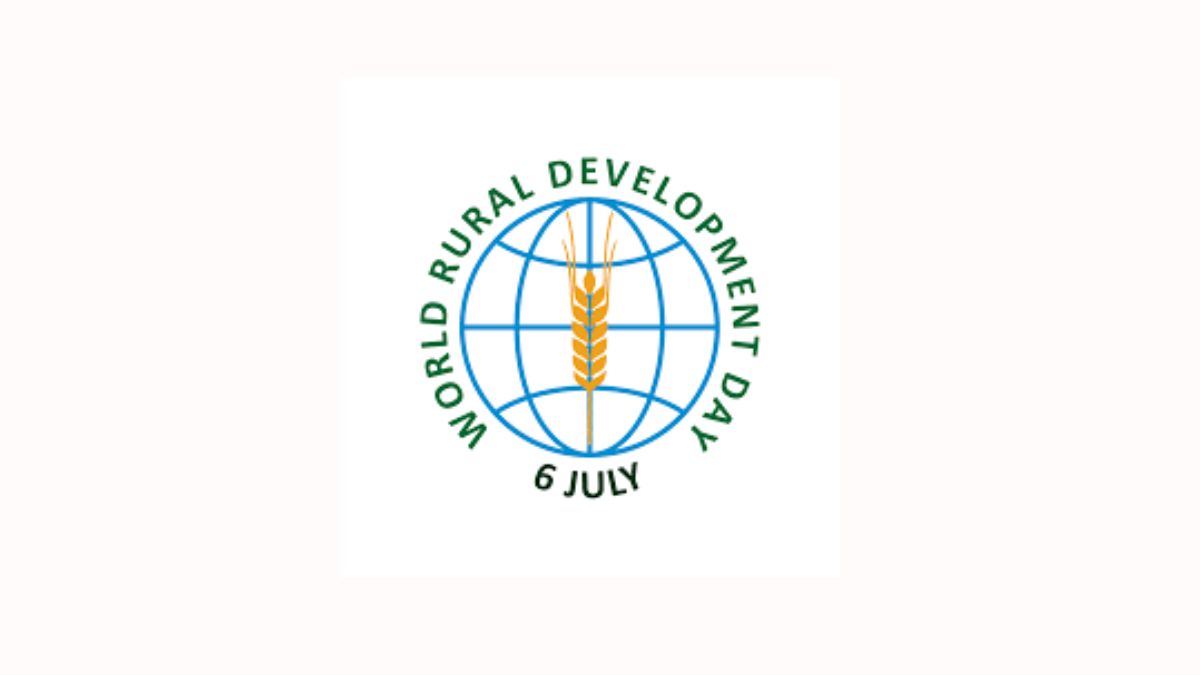On July 6, the United Nations observed the first-ever World Rural Development Day, aiming to highlight the importance of improving life in rural areas. The day brings global attention to issues like poverty, hunger, poor infrastructure, and lack of digital access in rural communities. It also calls for action to ensure that no one is left behind, especially in the most remote and forgotten places.
Why the Day Matters
The UN General Assembly declared July 6 as World Rural Development Day to show its commitment to the 2030 Sustainable Development Goals (SDGs). This move focuses on helping those living in rural areas—especially women, youth, and Indigenous communities—who often suffer the most from poverty, hunger, and lack of services. These groups are also key to farming, food security, and protecting the environment.
The declaration encourages governments, civil society, and global institutions to take part in this observance through local projects, awareness campaigns, and policy discussions.
Main Challenges in Rural Areas
According to UN data, around 80% of the world’s poorest people live in rural areas, many earning less than $2.15 per day. Half of rural residents don’t have proper healthcare, and internet use is still below 50% compared to 83% in urban areas. Climate change, poor roads, and limited education also make rural life harder.
Rural women make up 43% of the agricultural workforce but still lack equal access to land, technology, and credit. Solving these problems is key to building fair and lasting development.
UN’s Vision and Actions
The UN vision for rural development supports a combined approach to improve the economy, society, and environment. It calls for empowering women and youth, encouraging digital access, and building better roads, schools, and health services. One success story is the JEEViKA project in Bihar, India, where 1.8 million women joined self-help groups and saw a 30% rise in household income.
Each year, this day will push for action from all sectors—governments, universities, NGOs, private businesses, and local communities—to bring change to rural areas. The UN also asks countries to share success stories and create data dashboards to better plan rural development





